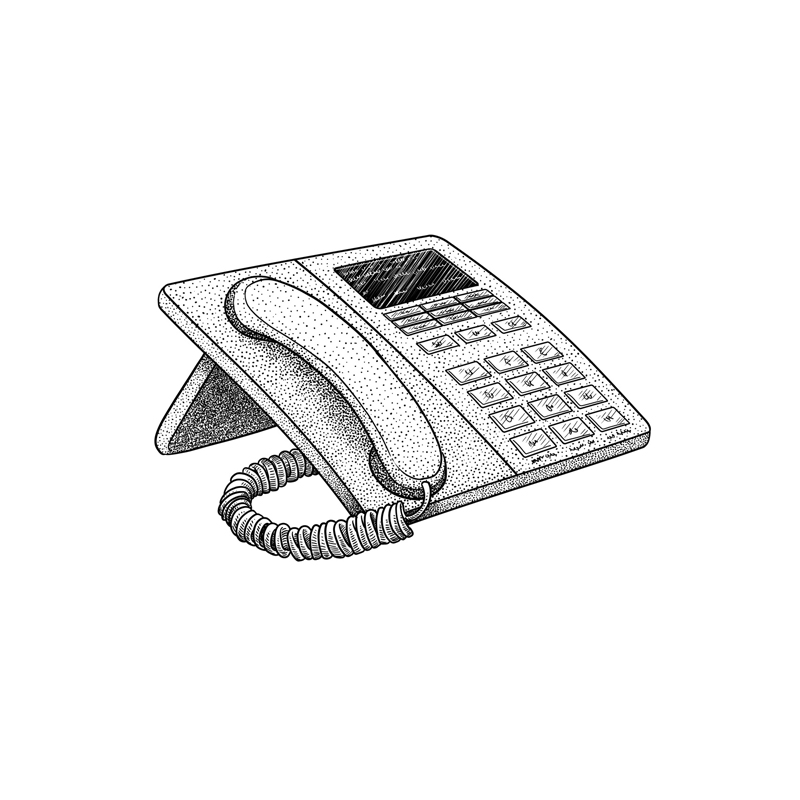The goal of the Outside In series is to showcase the ways in which local-born and immigrant people and/or communities may experience the same thing in vastly different ways, and also sometimes in the same way. This series is not just about pointing out differences, nor is it about painting one side as negative or “wrong,” but simply about exploring the idea that there are multiple realities, all of which are valid.
|
Denmark is known for its universal healthcare, but what is it really like to go to the doctor in Denmark? Everyone registered as living in Denmark has the right to access healthcare. If you break an arm or have a nasty cough, contact your doctor and get on the road to recovery! While the popular understanding of universal healthcare in Denmark is considered “free,” it is not; the system is upheld largely through high taxes on its citizens. Becoming part of the Danish healthcare system follows a few logistical steps, and then you’re ready to go! First, you select a general practitioner in your kommune (municipality). Then, you must register for and receive your sunhedskort (health insurance card) before you’re able to reap the benefits of the Danish healthcare system. Is the Danish Healthcare System the Best in Europe?Digitization of medical services through user-guided platforms make contacting your doctor easier. The digitized Danish system also makes it easier for patients and doctors to review medical history on one system. The high quality of treatment that patients receive is just one of the pluses that have ranked the Danish healthcare system third in Europe. What does the Danish healthcare system offer?Universal healthcare in Denmark is structured into “three administrative levels of state, regional, and municipalities.” Each level regulates a part of the healthcare system. The state governs the system. Private and public healthcare services are maintained regionally, while each municipality oversees local services to its citizens. These tiers make it easier to allocate necessary assistance quickly. If you live in a country without universal healthcare, being able to go to the doctor “for free” might seem idyllic. There are some bottlenecks, however, to easy use of the system. Wait times to receive specialist care, or difficulty for specific demographics to receive accurate care (i.e. medical racism) are documented challenges. Additional challenges to maintaining universal healthcare in Denmark are increased life expectancy of the population, leading to an increased need for care, and an increasingly stagnant employment rate. Denmark spends between $4.000.- 6.000 USD annually per person on healthcare, which is 10% of Denmark’s GDP.
|
|
Denmark is known for its universal healthcare, but what is it really like to go to the doctor in Denmark? Everyone registered as living in Denmark has the right to access healthcare. If you break an arm or have a nasty cough, contact your doctor and get on the road to recovery! While the popular understanding of universal healthcare in Denmark is considered “free,” it is not; the system is upheld largely through high taxes on its citizens.
Becoming part of the Danish healthcare system follows a few logistical steps, and then you’re ready to go! First, you select a general practitioner in your kommune (municipality). Then, you must register for and receive your sunhedskort (health insurance card) before you’re able to reap the benefits of the Danish healthcare system. Is the Danish Healthcare System the Best in Europe?Digitization of medical services through user-guided platforms make contacting your doctor easier. The digitized Danish system also makes it easier for patients and doctors to review medical history on one system. The high quality of treatment that patients receive is just one of the pluses that have ranked the Danish healthcare system third in Europe.
What does the Danish healthcare system offer?Universal healthcare in Denmark is structured into “three administrative levels of state, regional, and municipalities.” Each level regulates a part of the healthcare system. The state governs the system. Private and public healthcare services are maintained regionally, while each municipality oversees local services to its citizens. These tiers make it easier to allocate necessary assistance quickly.
Additional challenges to maintaining universal healthcare in Denmark are increased life expectancy of the population, leading to an increased need for care, and an increasingly stagnant employment rate. Denmark spends between $4.000.- 6.000 USD annually per person on healthcare, which is 10% of Denmark’s GDP.
|
View from the Outside In: Sophie G.“Sophie G.” (this is a pseudonym as she would prefer to keep her name private) is a 24 year old freelancer originally from Hungary. She has lived in Denmark for the last five and a half years.
|

|
View from the Inside Out: Maya B.“Maya B.” (this is a pseudonym as she would prefer to keep her name private) is a 30 year old fundraiser who is currently on maternity leave. She is originally from the Faroe Islands and has lived in mainland Denmark for the last nine years.
|
View from the Outside In: Sophie G.“Sophie G.” (this is a pseudonym as she would prefer to keep her name private) is a 24 year old freelancer originally from Hungary. She has lived in Denmark for the last five and a half years.
View from the Inside Out: Maya B.“Maya B.” (this is a pseudonym as she would prefer to keep her name private) is a 30 year old fundraiser who is currently on maternity leave. She is originally from the Faroe Islands and has lived in mainland Denmark for the last nine years.
 |
 Navigating the System
Navigating the System
How did you first learn to navigate the Danish healthcare system?
Outside In: Sophie G.By being a part of it and asking people around me.
|
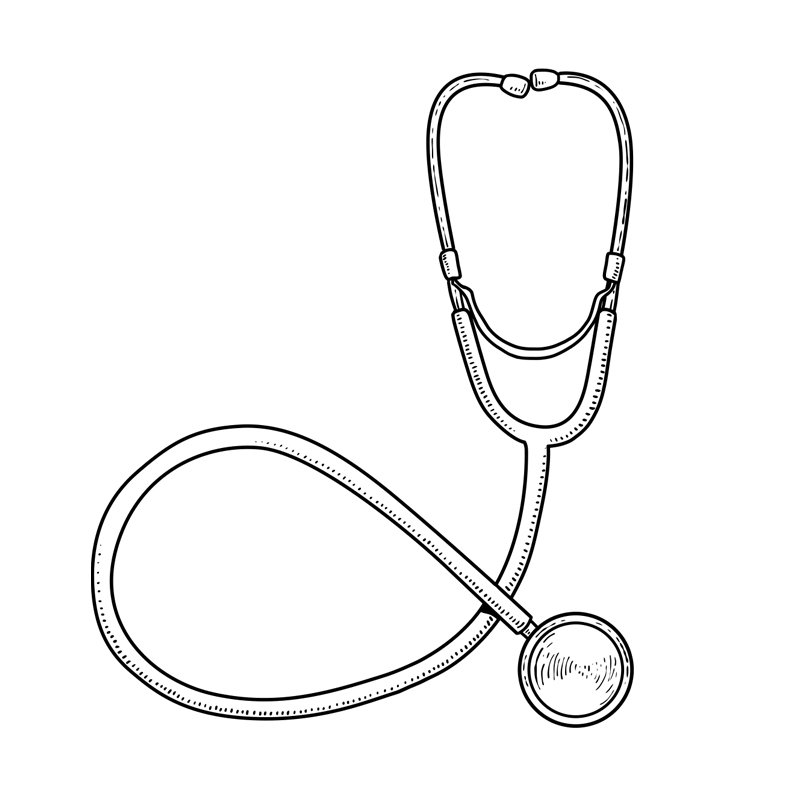
|
Inside Out: Maya B.I chose the doctor closest to my address when I moved to Copenhagen and learned to navigate the system as I went along.
I never received an introduction or anything like that. |
Outside In: Sophie G.By being a part of it and asking people around me.
Inside Out: Maya B.I chose the doctor closest to my address when I moved to Copenhagen and learned to navigate the system as I went along.
I never received an introduction or anything like that. |
 Contacting the Doctor
Contacting the Doctor
By what means (phone, email, video consultation, walk-in) do you contact your Danish doctor?
Outside In: Sophie G.Phone, messages through the online platform of the specific doctor/office, and sometimes walk-in.
In Hungary, it was similar: phone or walk-in. |
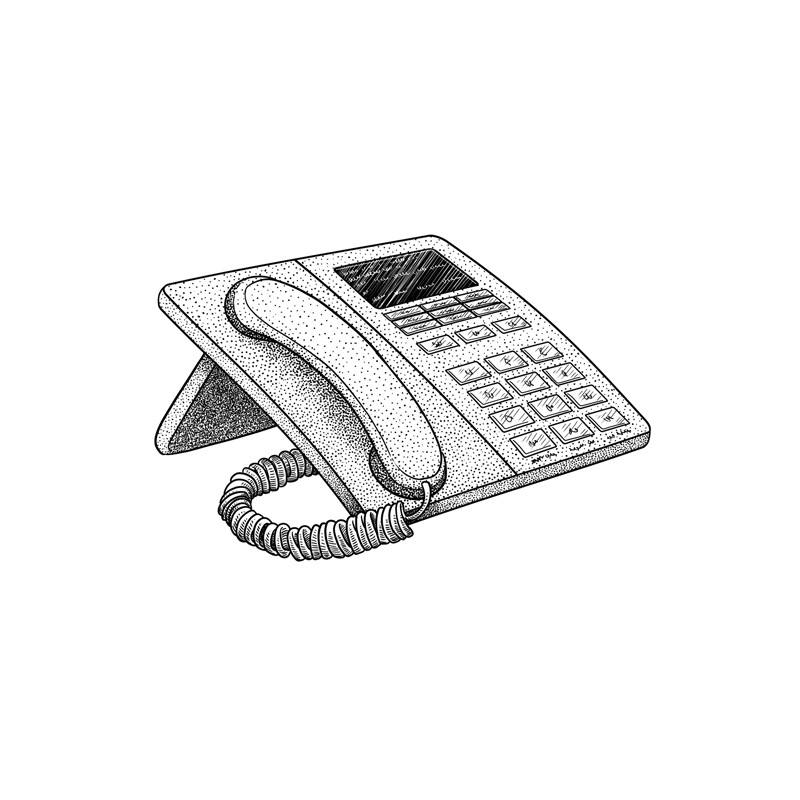
|
Inside Out: Maya B.Phone or email via the clinic website.
|
Outside In: Sophie G.Phone, messages through the online platform of the specific doctor/office, and sometimes walk-in.
In Hungary, it was similar: phone or walk-in.
Inside Out: Maya B.Phone or email via the clinic website.
|
 Going to the Doctor
Going to the Doctor
How often do you contact and visit your Danish doctor? What language do you speak with your Danish doctor?
Outside In: Sophie G.I contact and visit the doctor two to three times per year.
When I visit the doctor, I indicate that I will speak in English and ask if they are okay with that. I translate specific medical terms to Danish to make sure they understand my problem. |

|
Inside Out: Maya B.I contact the doctor three to four times per year, and visit the doctor two to three times per year.
I speak Danish with my doctor. If I did not understand Danish, I would hope that the GP or clinic would provide some form of introduction to the digital platform, a general introduction to how to book an appointment and when to contact the clinic. |
Outside In: Sophie G.I contact and visit the doctor two to three times per year.
When I visit the doctor, I indicate that I will speak in English and ask if they are okay with that. I translate specific medical terms to Danish to make sure they understand my problem.
Inside Out: Maya B.I contact the doctor three to four times per year, and visit the doctor two to three times per year.
I speak Danish with my doctor. If I did not understand Danish, I would hope that the GP or clinic would provide some form of introduction to the digital platform, a general introduction to how to book an appointment and when to contact the clinic.
|
 Feeling Understood
Feeling Understood
Do you feel like your doctor understands your symptoms when you tell them how you’re feeling?
Outside In: Sophie G.More often than not, yes. I do think that the doctor downplays the importance [of what I’m feeling].
For example, I had severe pain in my knees for several months. It got to a point where I couldn’t even sleep anymore. I went to see a doctor, who didn’t do any tests, but asked if I was taking painkillers. I said yes. She told me to take more of them and there is nothing else she could do. She didn’t even care to look into the cause of the problem, which made me feel like she didn’t think I was telling the truth. |
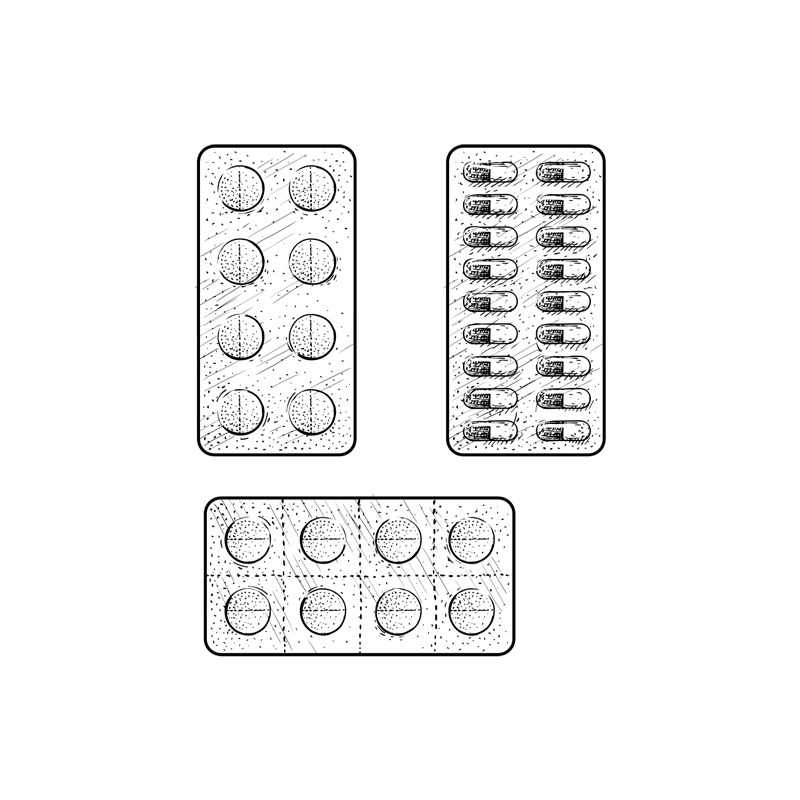
|
Inside Out: Maya B.For the most part, yes.
|
Outside In: Sophie G.More often than not, yes. I do think that the doctor downplays the importance [of what I’m feeling].
For example, I had severe pain in my knees for several months. It got to a point where I couldn’t even sleep anymore. I went to see a doctor, who didn’t do any tests, but asked if I was taking painkillers. I said yes. She told me to take more of them and there is nothing else she could do. She didn’t even care to look into the cause of the problem, which made me feel like she didn’t think I was telling the truth.
Inside Out: Maya B.For the most part, yes.
|
 Challenges at the Doctor
Challenges at the Doctor
Do you find talking with your doctor to be challenging?
Outside In: Sophie G.Yes. They make me feel like I am lying about my issues or trying to exaggerate them.
I often feel like they do not believe me when I explain the severity of my pain or other issues I have. |
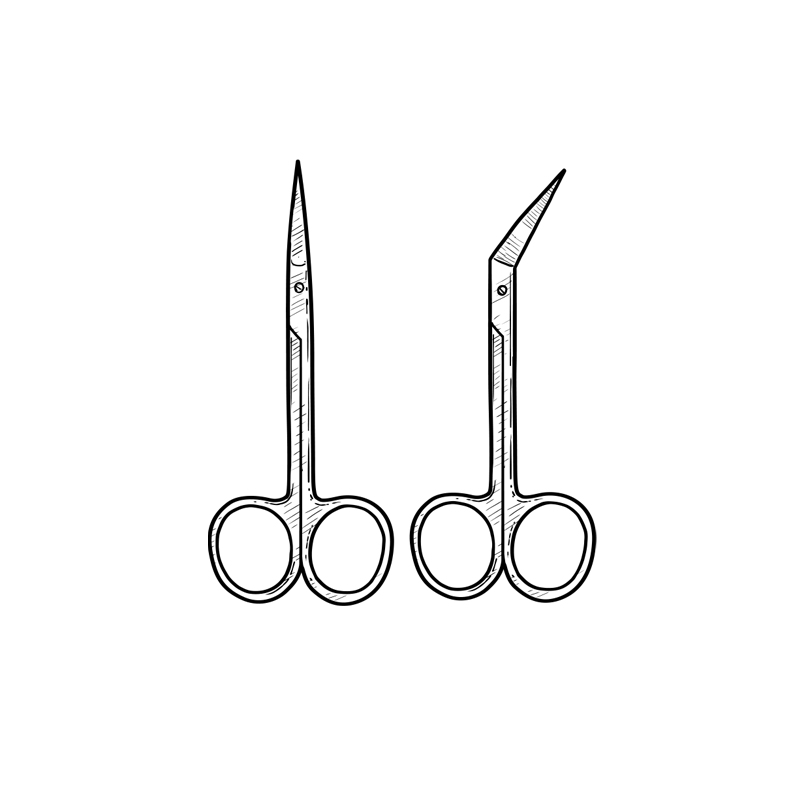
|
Inside Out: Maya B.I feel free to speak to my doctor.
I do sometimes feel that my doctor is short on time. I do not take it personally, but I see it as a result of a poor prioritization in healthcare: having too few general physicians per patient. I have confidence in my GP’s skills, but at the same time, I feel that I need to make a big effort to explain my symptoms, in case my GP is stressed or distracted due to a shortage of time. It makes me feel ambivalent. |
Outside In: Sophie G.Yes. They make me feel like I am lying about my issues or trying to exaggerate them.
I often feel like they do not believe me when I explain the severity of my pain or other issues I have.
Inside Out: Maya B.I feel free to speak to my doctor.
I do sometimes feel that my doctor is short on time. I do not take it personally, but I see it as a result of a poor prioritization in healthcare: having too few general physicians per patient. I have confidence in my GP’s skills, but at the same time, I feel that I need to make a big effort to explain my symptoms, in case my GP is stressed or distracted due to a shortage of time. It makes me feel ambivalent.
|
 To Go or Not to Go?
To Go or Not to Go?
Do you think people are encouraged to use the medical system in Denmark?
Outside In: Sophie G.No, only if very necessary.
That feeling is based on my own experience, as I explained above, and similar stories heard from friends. |
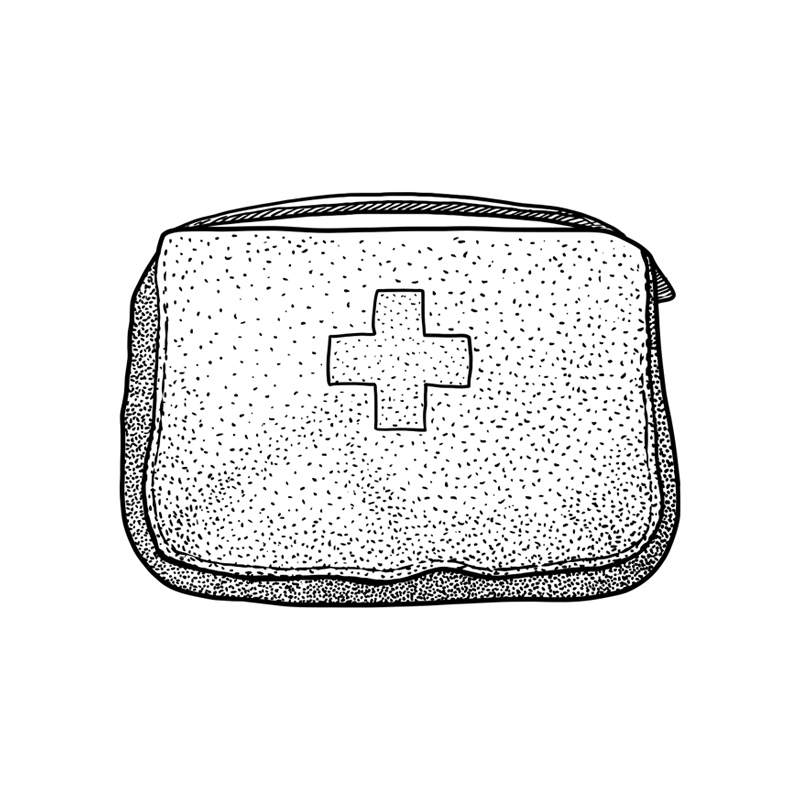
|
Inside Out: Maya B.Generally, yes. I think that people are encouraged by professionals to use the medical system.
|
Outside In: Sophie G.No, only if very necessary.
That feeling is based on my own experience, as I explained above, and similar stories heard from friends.
Inside Out: Maya B.Generally, yes. I think that people are encouraged by professionals to use the medical system.
|
 Overall Experiences
Overall Experiences
Have your experiences with the Danish medical system been positive?
Outside In: Sophie G.No. I’ll go to a private doctor in my home country when I have a medical issue that needs immediate attention. I ended up paying a lot of money because I wasn’t able to get a simple referral from my GP here.
My GP wouldn’t give me a referral even after visiting her several times with an issue I had for over the course of two years. She tried to find solutions herself, none of which worked. After these failed attempts, she still wouldn’t send me to a specialist even though I was almost begging her. |
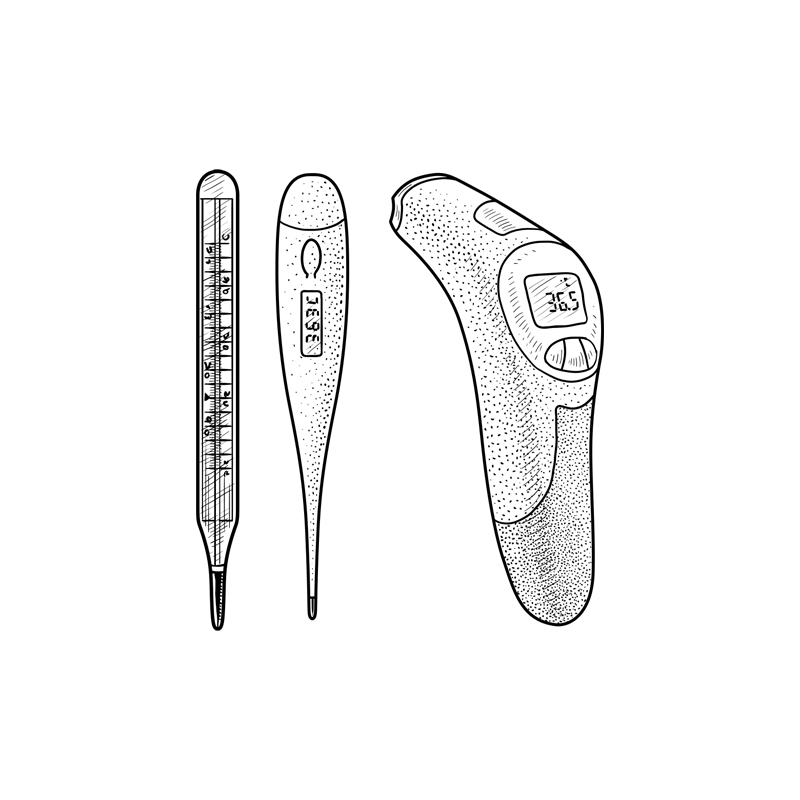
|
Inside Out: Maya B.Overall, yes.
There is certainly room for improvement in service and consultation time; to have more and better of both. I feel confident, however, that all general physicians in Denmark are well-educated and take pride in their profession. In general, and in comparison to many other countries, I feel fortunate that I do not have to worry about getting medical help if I need it. |
Outside In: Sophie G.No. I’ll go to a private doctor in my home country when I have a medical issue that needs immediate attention. I ended up paying a lot of money because I wasn’t able to get a simple referral from my GP here.
My GP wouldn’t give me a referral even after visiting her several times with an issue I had for over the course of two years. She tried to find solutions herself, none of which worked. After these failed attempts, she still wouldn’t send me to a specialist even though I was almost begging her.
Inside Out: Maya B.Overall, yes.
There is certainly room for improvement in service and consultation time; to have more and better of both. I feel confident, however, that all general physicians in Denmark are well-educated and take pride in their profession. In general, and in comparison to many other countries, I feel fortunate that I do not have to worry about getting medical help if I need it.
|
 The Gatekeeper System
The Gatekeeper System
The GP system in Denmark is often called a “gatekeeper” system. Do you find that to be a fair characterization? Why or why not?
Outside In: Sophie G.Absolutely. This “gatekeeping” has happened to me several times. It took me over a year to convince my GP to give me a referral to a specialist because he/she misdiagnosed me, prescribed the wrong medication, etc.
All this would have never happened if a specialist saw me in the first place. I would rather pay money for a private doctor, just to avoid the struggle of trying to get a referral and being treated like I do not have a real problem. I’ve spoken with Danish friends who have experienced similar difficulties, so I wouldn’t necessarily say being an immigrant is the reason for these issues. I do believe, however, immigration may play a role in why the gatekeeper system exists in the first place! |

|
Inside Out: Maya B.Yes. On multiple occasions, I have needed my physician’s approval or authorization for treatments. In some instances, it has seemed bizarre, as my GP is not the one doing the treatment.
I find this aspect of the system inefficient, as it slows down the process of getting well. First, you have to find an available time for the physical consultation that is often required to get to the referral step. Second, you spend time explaining symptoms or reasons for treatment, which is done superficially due to lack of consultation time and the fact that the GP is not the one carrying out the treatment. Finally, it gives the GP enormous power over the patient, which, in the worst of cases, could be harmful to the patient. |
Outside In: Sophie G.Absolutely. This “gatekeeping” has happened to me several times. It took me over a year to convince my GP to give me a referral to a specialist because he/she misdiagnosed me, prescribed the wrong medication, etc.
All this would have never happened if a specialist saw me in the first place. I would rather pay money for a private doctor, just to avoid the struggle of trying to get a referral and being treated like I do not have a real problem. I’ve spoken with Danish friends who have experienced similar difficulties, so I wouldn’t necessarily say being an immigrant is the reason for these issues. I do believe, however, immigration may play a role in why the gatekeeper system exists in the first place!.
Inside Out: Maya B.Yes. On multiple occasions, I have needed my physician’s approval or authorization for treatments. In some instances, it has seemed bizarre, as my GP is not the one doing the treatment.
I find this aspect of the system inefficient, as it slows down the process of getting well. First, you have to find an available time for the physical consultation that is often required to get to the referral step. Second, you spend time explaining symptoms or reasons for treatment, which is done superficially due to lack of consultation time and the fact that the GP is not the one carrying out the treatment. Finally, it gives the GP enormous power over the patient, which, in the worst of cases, could be harmful to the patient. |
Want more cultural perspectives? Read the Outside In series.
These interviews have been edited and condensed for clarity.
Header image by Freya McOmish.


